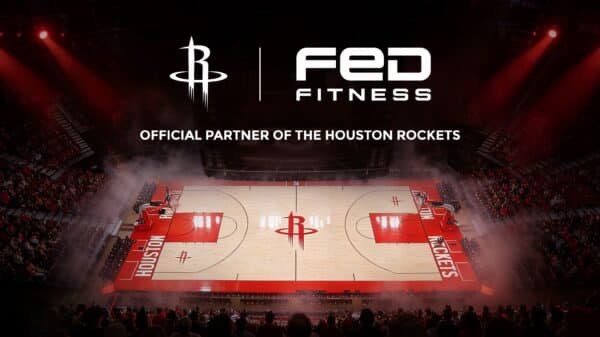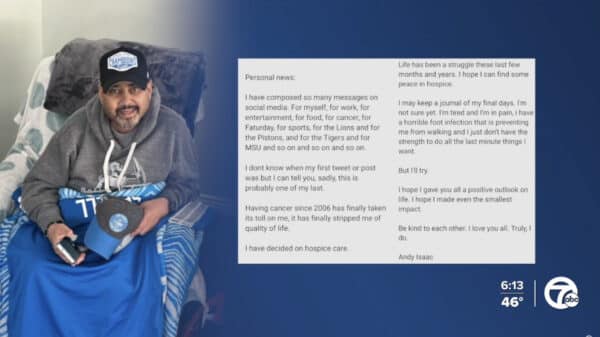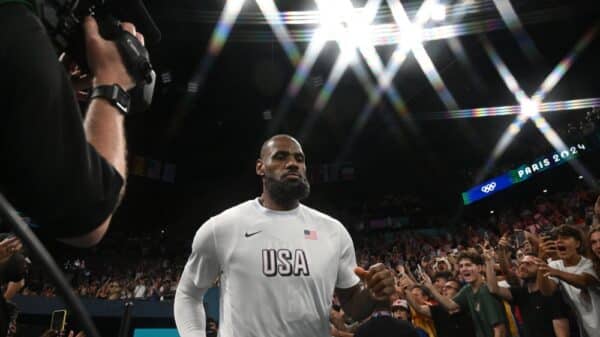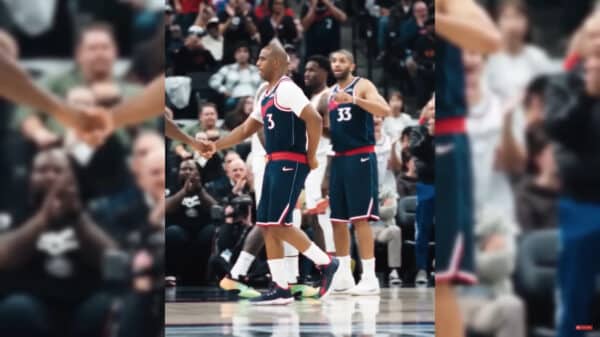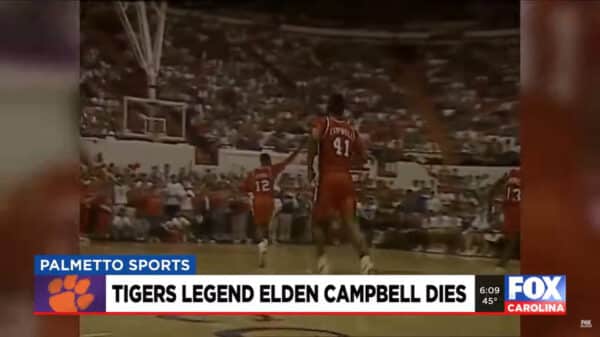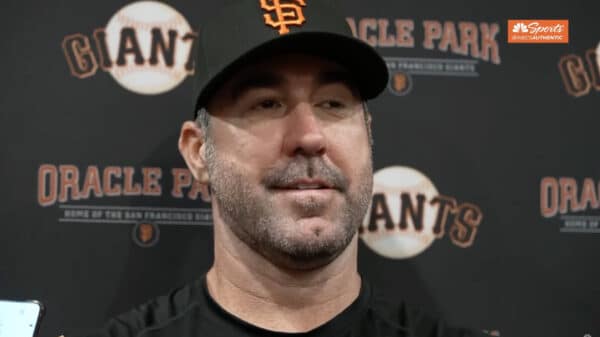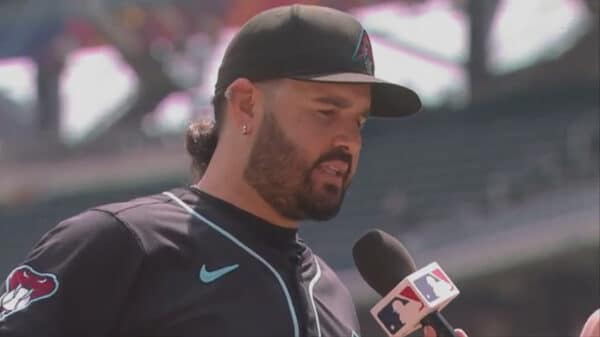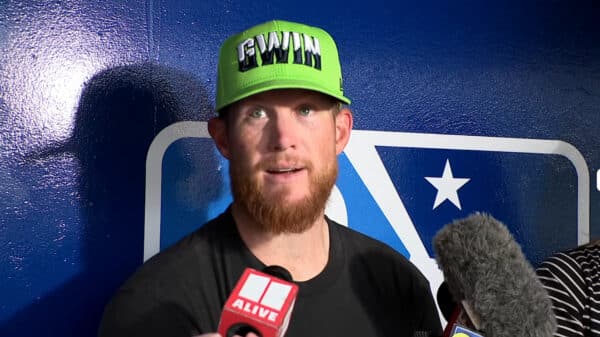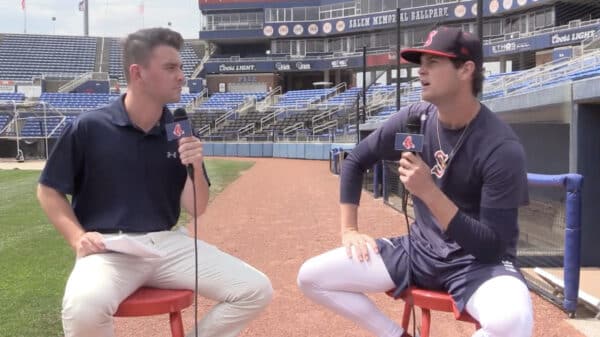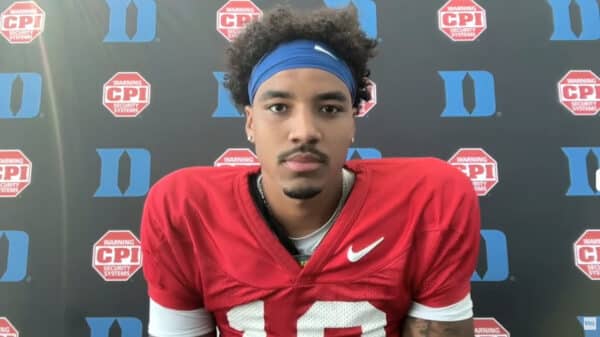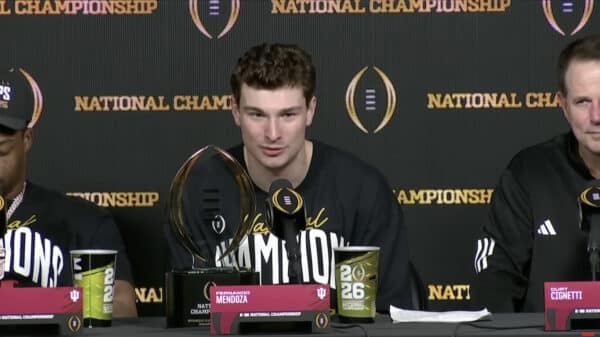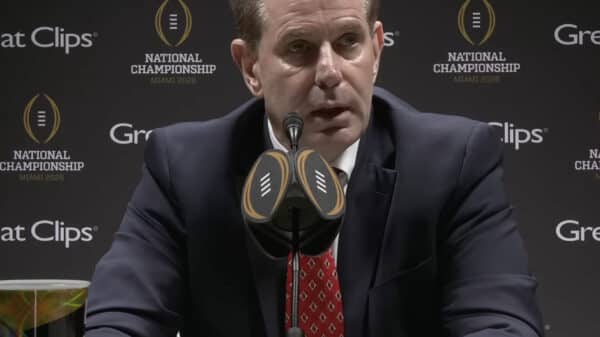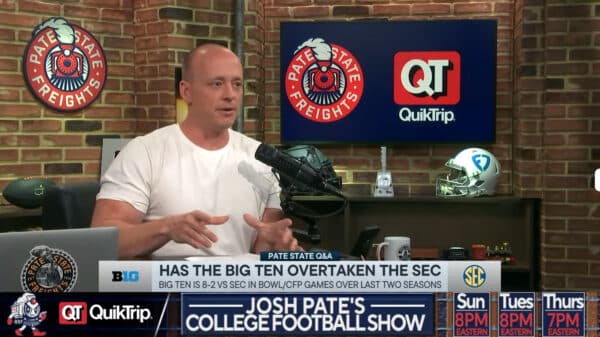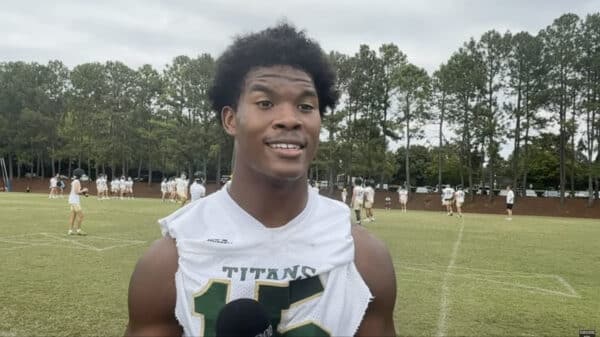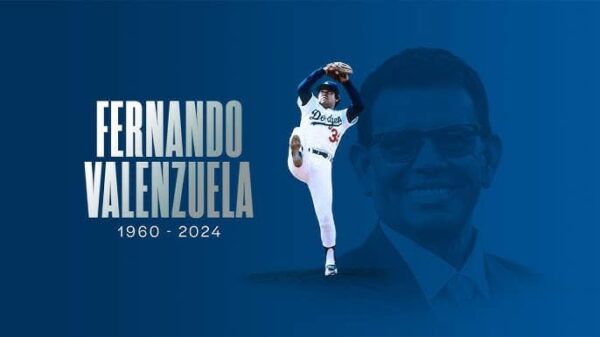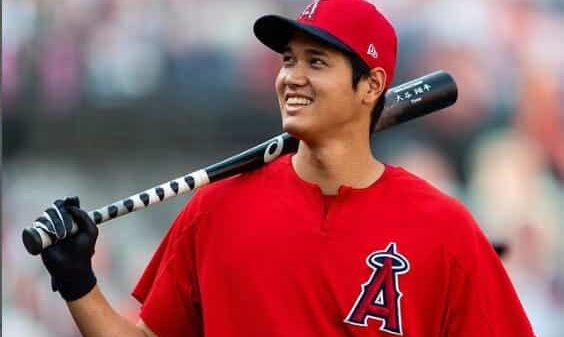Anthony Edwards and the Minnesota Timberwolves entered the Western Conference Finals riding high on unshakeable confidence. After overcoming formidable opponents and seeming to solidify their status as contenders, fans were buzzing with hope. It felt like the franchise could finally break through and bring home the coveted championship.
However, reality hit hard and fast. In the opening games against the Oklahoma City Thunder, the Timberwolves found themselves on the wrong end of a lopsided matchup, where they quickly fell behind in the series. The Thunder capitalized on their opportunities and powered through, culminating in a swift 4-1 victory that left Edwards and his teammates reeling. The weight of disappointment was palpable, especially for fans who had dared to dream.
In the aftermath of this defeat, sports analyst Skip Bayless didn’t hold back his criticism. In his signature style, he unleashed a scathing evaluation of Edwards, declaring, “Can’t Man ain’t HIM, and just like LeBron, wasn’t born with the clutch gene.” It was a harsh assessment, and one that echoed the frustrations many felt as they watched Edwards struggle to deliver when it mattered most.
This wasn’t the first time Bayless took aim at LeBron James, either. He often positions himself as a contrarian voice in the sports world, frequently questioning the legacies of some of basketball’s greatest players. His comments about Edwards and James stirred up the usual debates about what it means to be “clutch” in high-pressure situations.
As the Thunder celebrated their victory, the atmosphere for the Timberwolves was heavy with what-ifs. Game 5 ended with the Thunder demolishing the Timberwolves 124-94. For Anthony Edwards, this loss carried more than just the disappointment of falling short. It marked the second consecutive year he faced the agony of defeat in the Western Finals, a bitter pill for a young player with sky-high potential.
In the postgame interviews, Edwards’s emotional response spoke volumes about his character. Instead of focusing on his own struggles, he expressed deep concern for his veteran teammate, Mike Conley, stating, “I’m hurt more so… for Mike. I came up short for Mike.” This heartfelt sentiment underscored the camaraderie in their locker room and highlighted the leadership quality Conley has brought throughout his career.
Conley, a steady influence known for his strategic play and leadership during his time as a borderline All-Star with the Memphis Grizzlies, had often led by example on and off the court. Edwards’s feelings showed that he recognized the importance of supporting the players around him, especially someone who has experienced challenges and triumphs throughout his long career.
As Edwards reflects on the emotional impact of this series, he is aware that the road ahead will require resilience. Fans and experts alike will undoubtedly scrutinize his performance, but it’s clear that he carries the weight of his teammates’ aspirations as he navigates the complexities of professional sports—where every loss feels personal and every victory a collective triumph.
While comparisons to legends like LeBron will always accompany a player of Edwards’s caliber, it’s vital to remember that journeys are unique, filled with growth and learning experiences. His next steps will define not just his career, but also how he evolves under the bright lights of the NBA, ready to emerge stronger, and perhaps, more clutch in the future.
Image Source: Anthony Edwards @ Instagram


